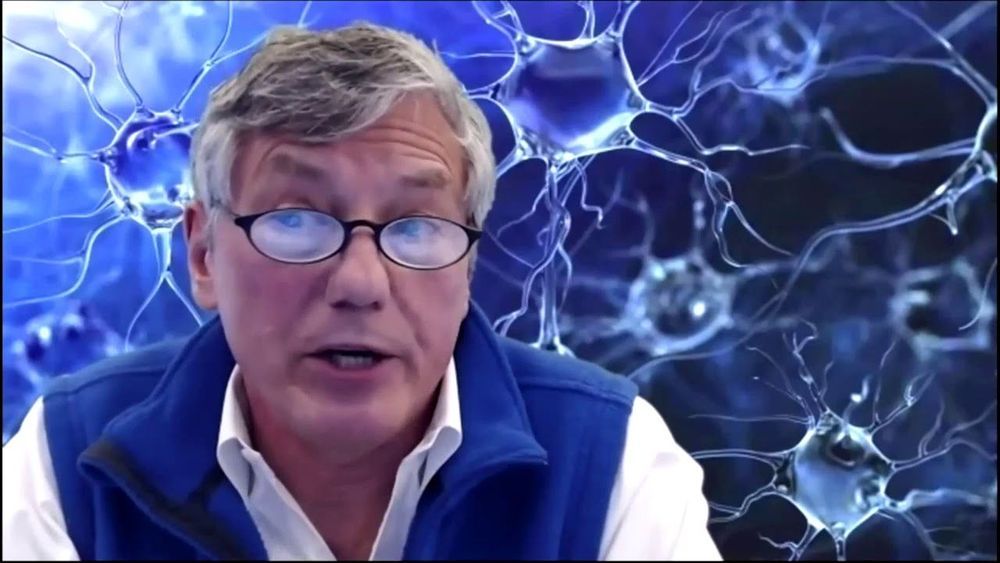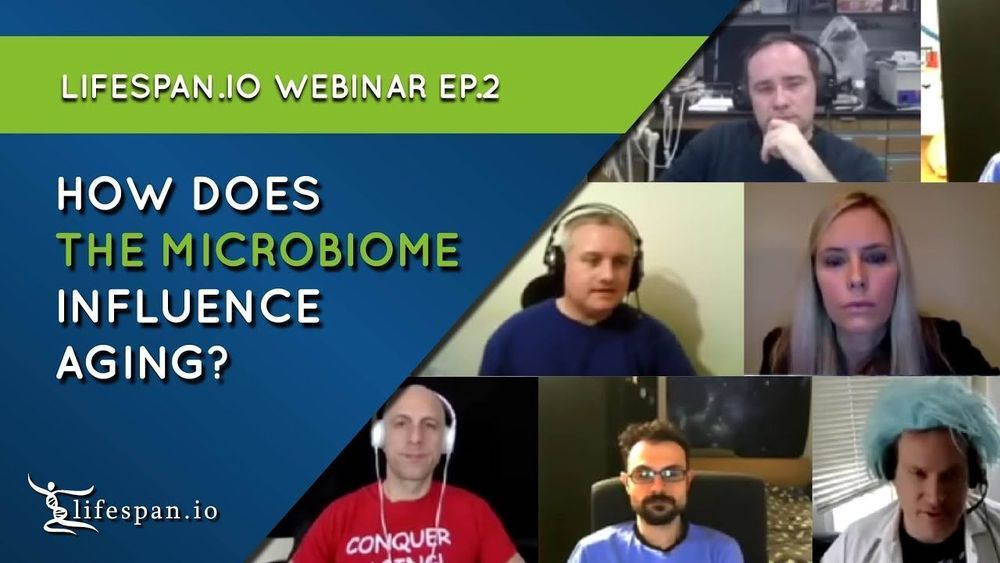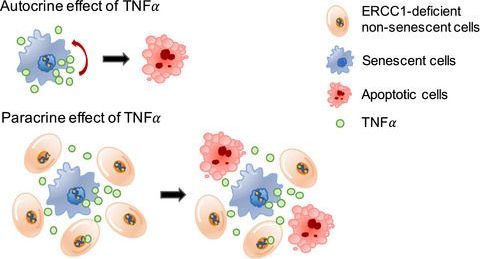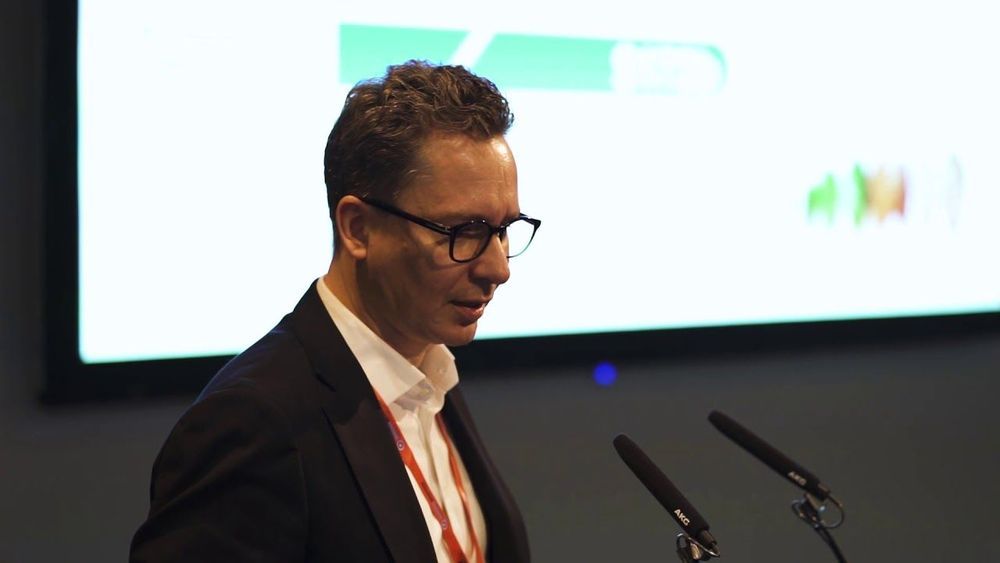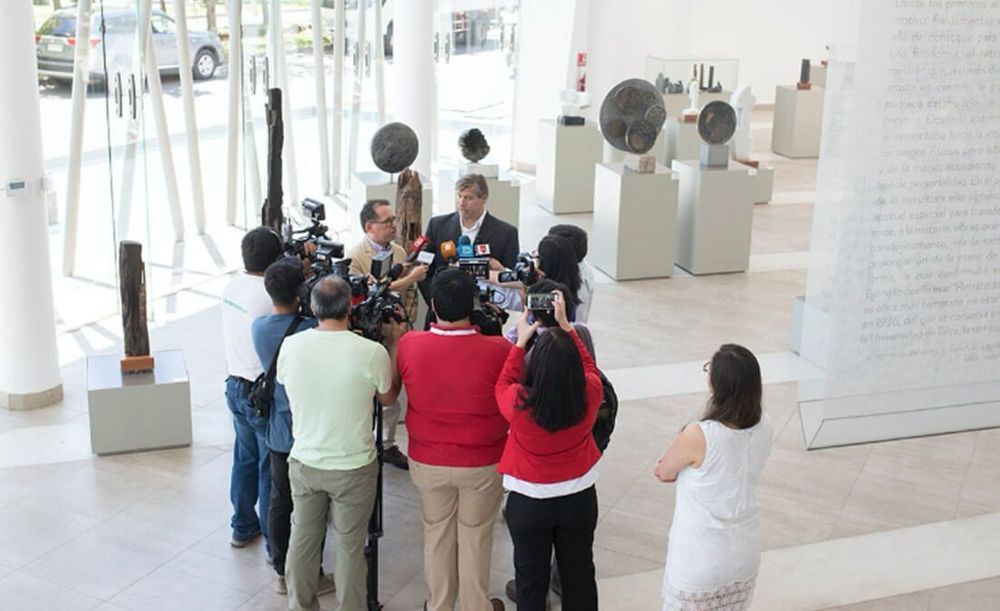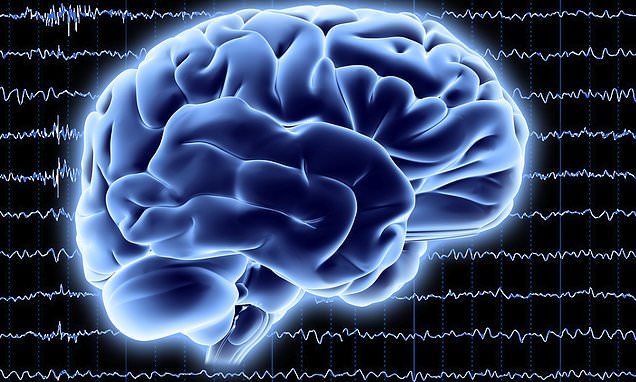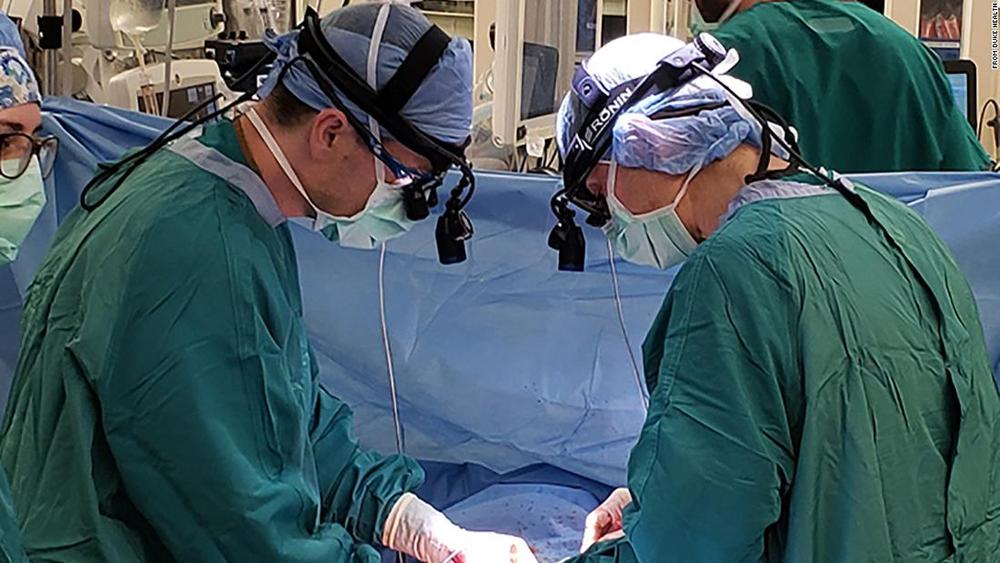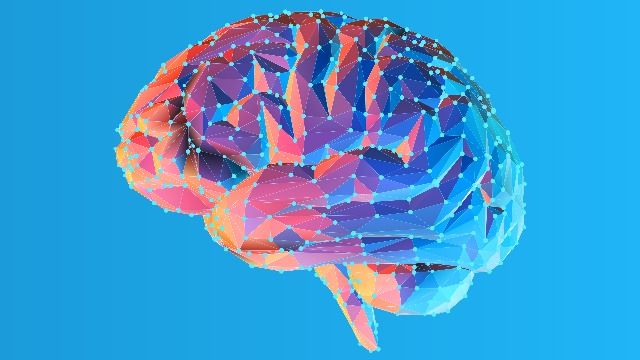Dec 11, 2019
Michael Fossel on activating Telomerase as best single antiaging intervention
Posted by Paul Battista in categories: biotech/medical, life extension
Excerpt of Brent Nally’s interview to Dr. Michael Fossel about his company Telocyte and telomerase gene therapy. The interview took place on November 16, 2019.
To watch the entire three and a half hour enlightening interview click here:
Continue reading “Michael Fossel on activating Telomerase as best single antiaging intervention” »
